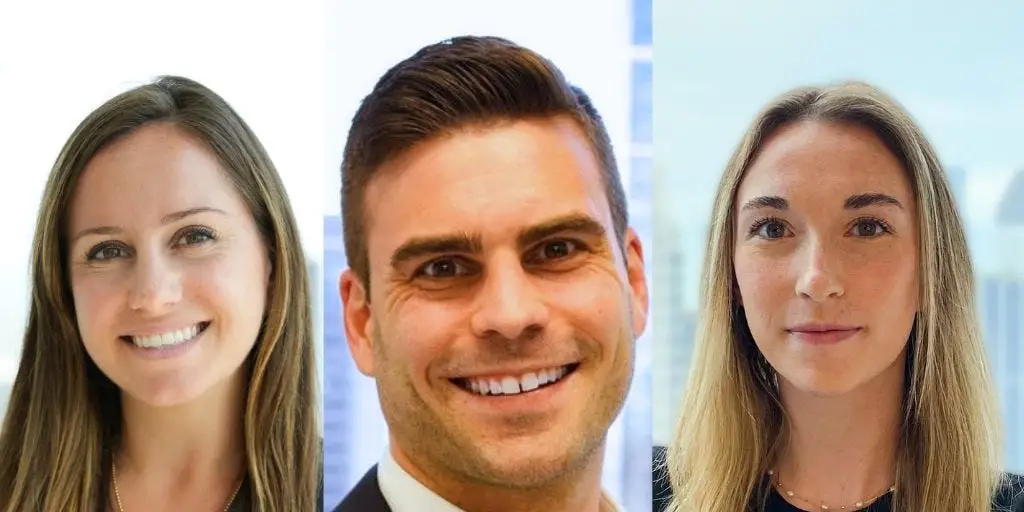From Intern to Full-Time: How Two Student-Athletes Landed Their Roles at a $25 Billion Hedge Fund

Landing an internship at a top company is a significant achievement, but turning that opportunity into a full-time job offer—especially at a high-pressure hedge fund like Balyasny Asset Management—requires more than just technical skills. For student-athletes like Francesco Catanzariti and Hinal Jajal, making that leap was about quickly adapting, staying focused on the bigger picture, and knowing when to “fail fast.”
Balyasny Asset Management, a hedge fund managing $25 billion in assets, admits just 0.5% of applicants to its internship program. Of those lucky enough to secure a position, only about half will receive a full-time job offer. Catanzariti and Jajal, both with athletic backgrounds, successfully made the transition, and now, in their early 20s, they’re already contributing to some of the fund’s most critical projects.
Catanzariti, who joined the macro trading team after completing his first year as an analyst, has already seen increased activity within the team due to market volatility. Jajal, now a full-time researcher on the applied AI team, is working on building AI models to forecast market events—an impressive responsibility for someone just starting out.
For student-athletes, it’s easy to see how their competitive nature translates to high-stakes environments like hedge funds. The internship experience at Balyasny was far from traditional. Jajal, who had to balance school, sports, and her internship, emphasized the importance of quick iterations and feedback. “Fail quickly,” she advises. “You learn by doing and experimenting. Get feedback early so you don’t waste time on things that aren’t going to work.”
Similarly, Catanzariti—who had experience balancing athletics and academics—advised interns to take full advantage of the firm’s “flat” structure. “Don’t be shy—talk to everyone,” he says. “Build relationships with people who may not be on your team but whose work could offer valuable insights into your own.” It’s this mentality that helped him stand out. Just like in sports, the ability to communicate, take feedback, and collaborate with teammates is key to success.
When asked about how he adjusted to the fast-paced nature of the job, Catanzariti said it was crucial to avoid getting too attached to one particular task. “In any industry, but especially finance, you can fall in love with a specific task or idea, but things change so quickly. It’s important to remain adaptable, always ready to pivot.” The same applies to student-athletes who learn to adjust on the fly—whether it’s on the field or in the workplace.
For both Jajal and Catanzariti, the early internship experience provided an invaluable opportunity to interact with senior leaders. Jajal shared how she received direct feedback from the head of macro research, Chris Pulman, even though he wasn’t on her team. “It was amazing to get such personalized feedback when you’re still in school,” she says.
Their advice to current student-athletes preparing to enter the workforce? Take initiative, embrace challenges, and don’t hesitate to ask for guidance along the way. The discipline, teamwork, and time management skills honed through sports can make all the difference in a competitive work environment. Whether entering finance or any other high-stakes field, learning to navigate these dynamics early on can help you secure a full-time role—and succeed once you’re in it.

